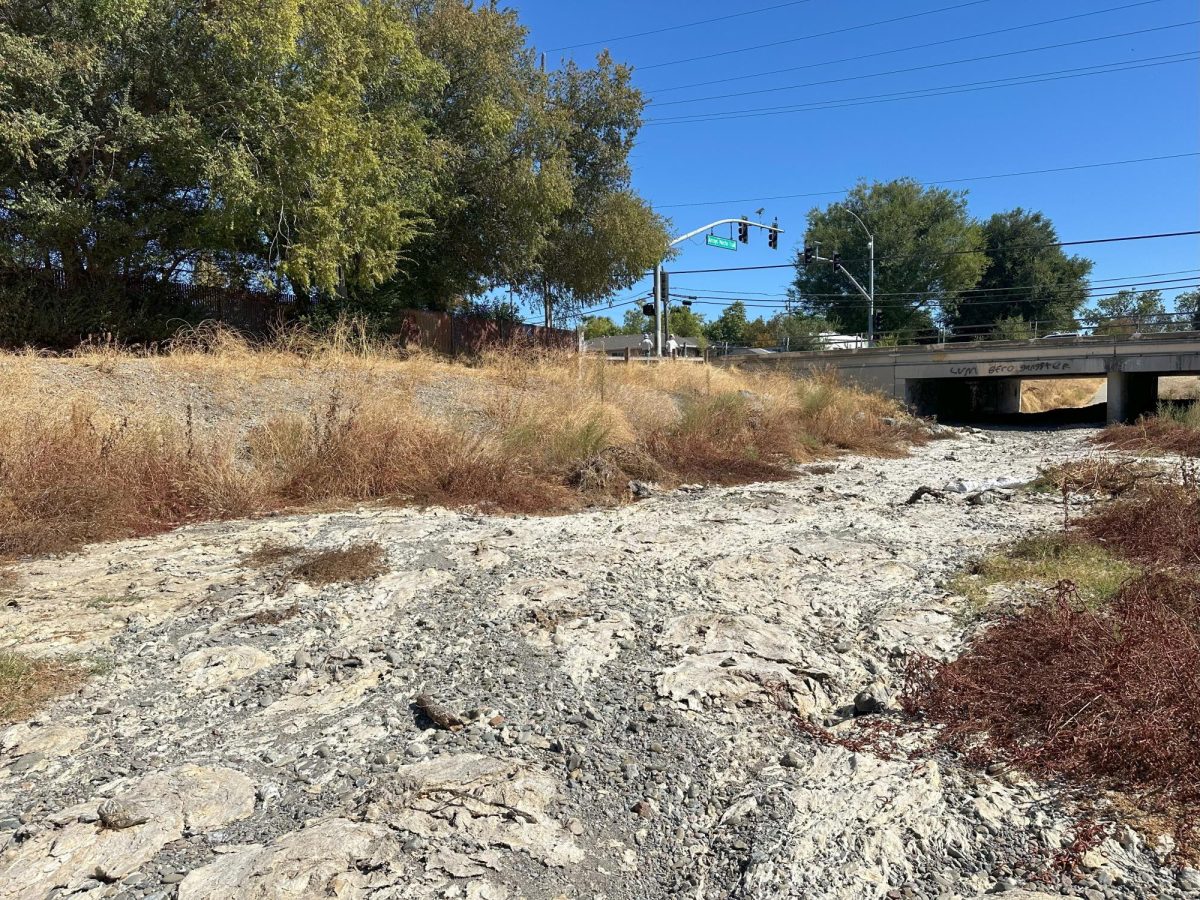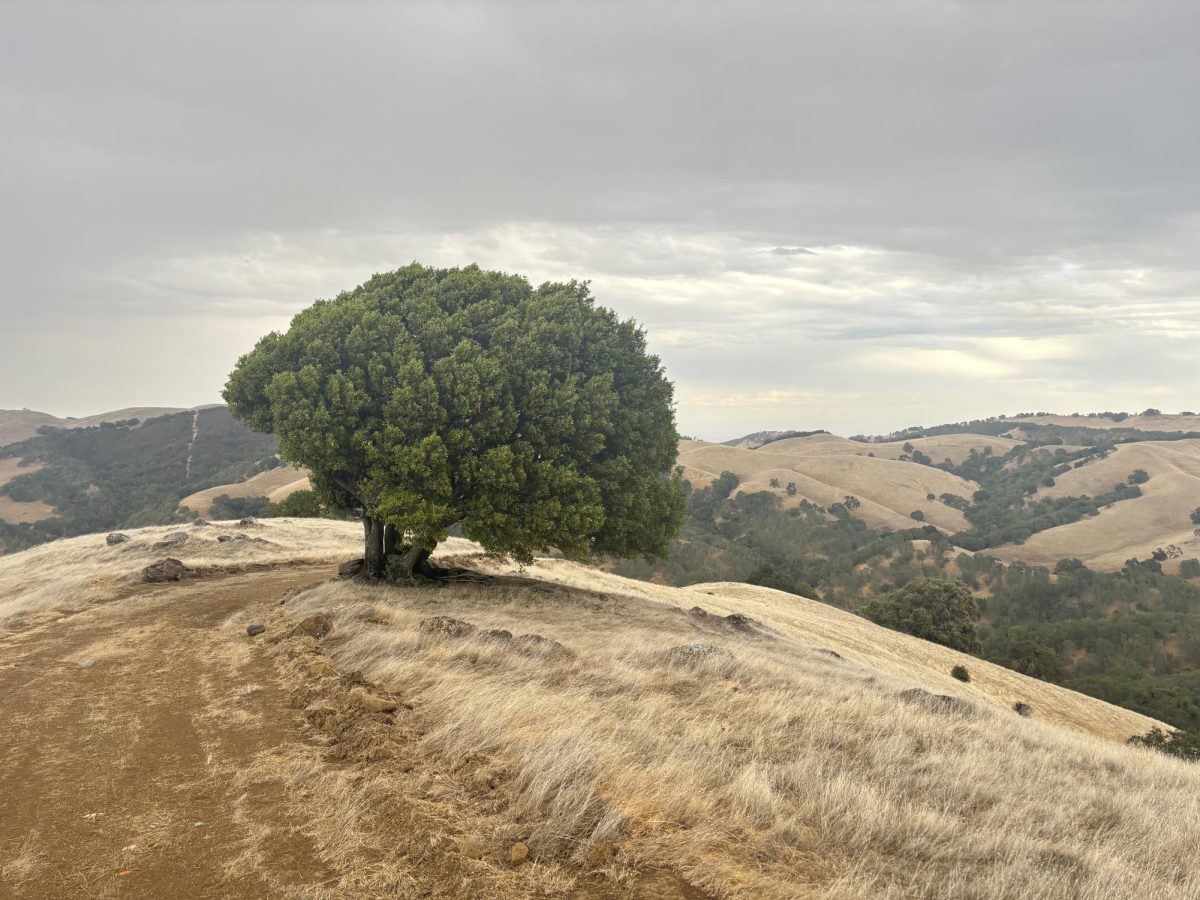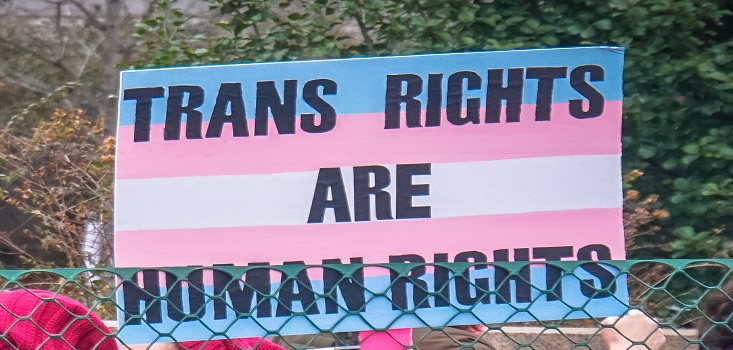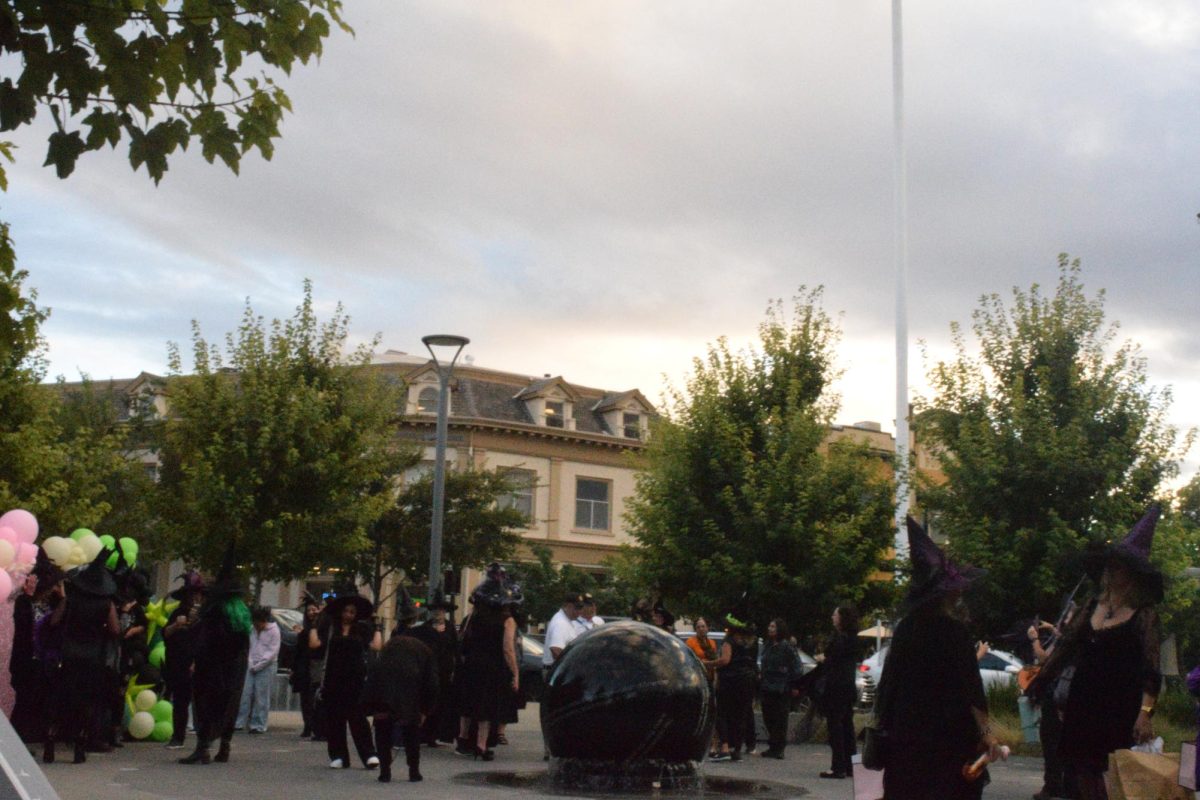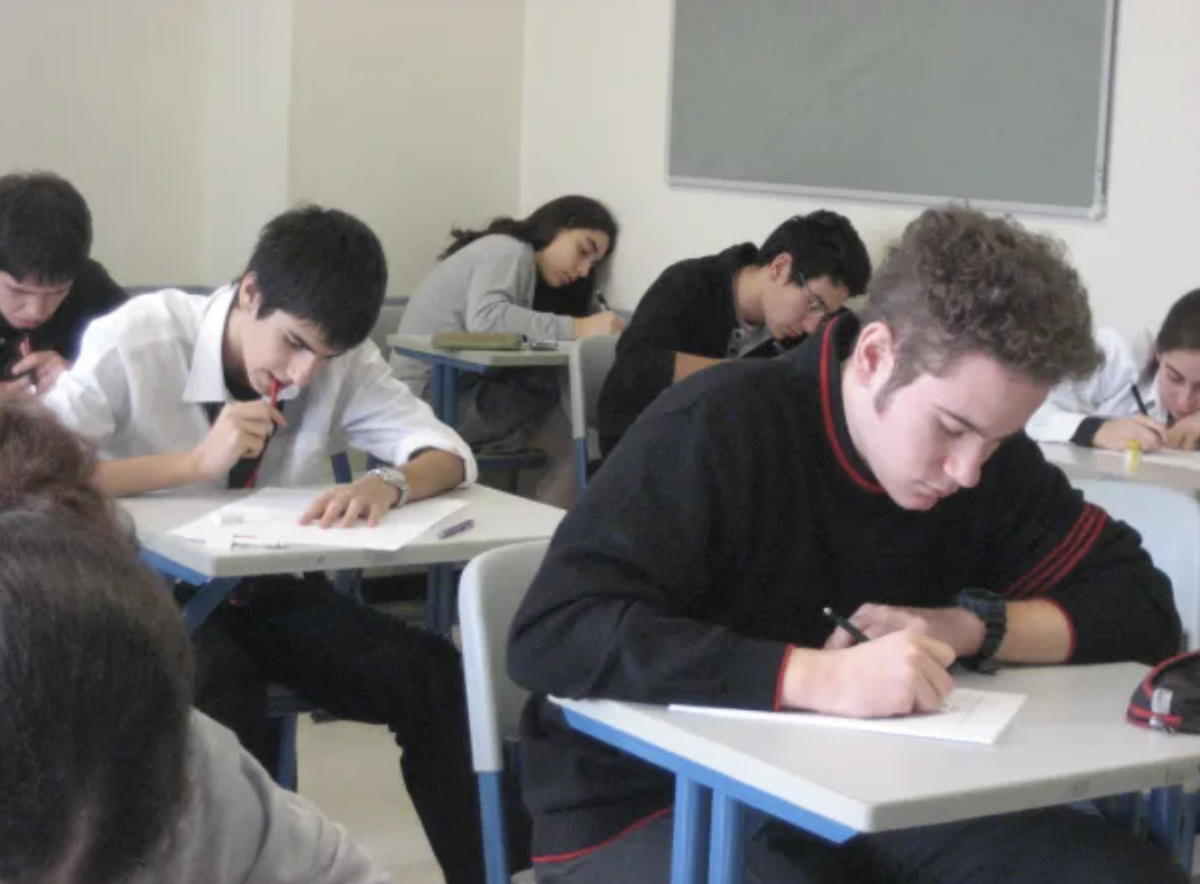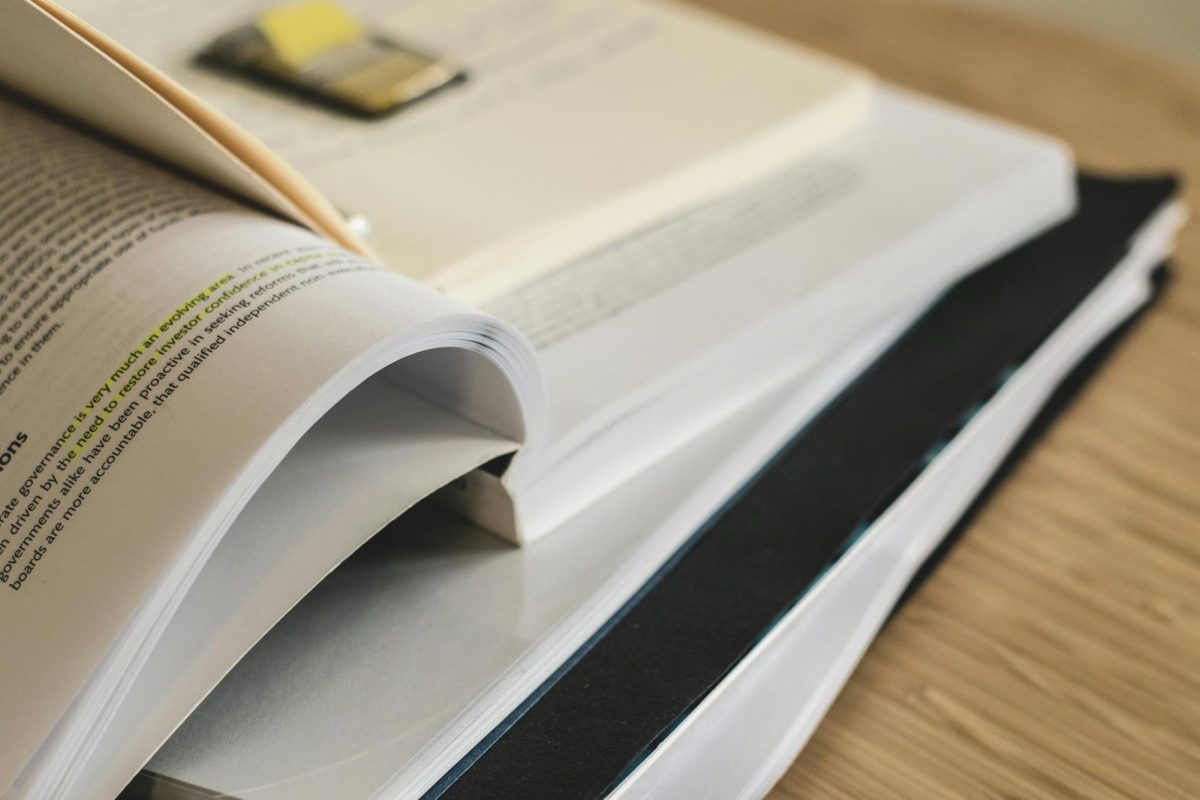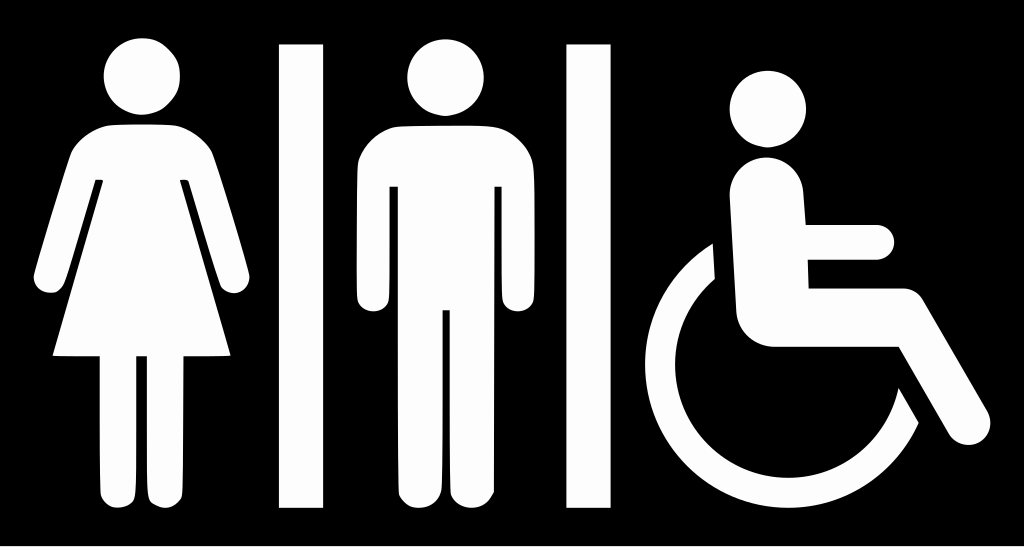Granada High School is trying out new digital bathroom passes using the 5-Star App. This new addition to Granada’s bathroom policy will come into effect sometime later this year (though some teachers are already trying the new system out) and will function similarly to a traditional bathroom pass. A student looking to go to the bathroom will use the 5-Star app to sign out, and then will be allotted a specific amount of time to go use the bathroom and come back. When that time passes, the student will be expected to have used the restroom and returned to class.
The new digital bathroom passes are intended to keep students accountable, prevent them from breaking school rules, and reduce the number of students wandering around campus. Before the advent of digital passes, classes used a manual sign-out system. Students would record their name, reason for leaving, and time outside of class on a piece of paper, and then use a physical bathroom pass. However, this system could be inaccurate. Students may not properly record their time out, or simply taking the bathroom passes and not returning to class could often use it as an excuse for their absence. However, with the adoption of the 5-Star App, a new opportunity arose: digital bathroom passes were already built into the app. It is the administration’s hope that the new digital bathroom passes will reduce these problems by managing the time each student spends outside of class, standardizing each class’ bathroom pass policy, and making sure the students spend their time responsibly.
The new passes should be fairly easy to adapt to, as long as the student has already downloaded the 5-Star App. Using the app, they will scan a QR code, which will allow them to sign out of class. They will then be allotted a certain amount of time to go use the restroom. If they exceed the amount of time given, the student will be sent a reminder to return to class. The administration recognizes that it can sometimes be hard for an individual to understand just how much time they spend outside of class; hopefully this new system will aid students in breaking their bad habits. Additionally, the new digital bathroom passes will help to keep students accountable by keeping track of how often, and for how long, a student leaves class. These changes will reduce the probability of students abusing the bathroom pass system, without causing significant change for students simply trying to use the restroom, and making sure students get the most out of their time at school.
Diane Abbley, a Campus Supervisor at Granada, believes this change will be beneficial to students, and allow for them to maximize the value of the time they spend at Granada High School.
Abbley states, “Well, I think it’s good because we need to keep the students accountable for the time they’re out of class, y’know? I mean they’re here to learn and we want them to, y’know, use that time wisely that they are in class… So I think limiting their time out would be a good thing, mainly for them, because they’re losing class time… so I just think it’s important to not use too much time to just be out of class.”
Abbley explains that while students may be bored in class, and try to take advantage of the current bathroom pass system to get out of it, they are ultimately only hurting themselves and their education. Therefore, while the new system may take some minor adjustments, Abbley believes the change will definitely be worth it to improve the overall experience of students.
However some students and faculty are still on the fence about the new system, possibly due to a lack of information. While most are aware that a new digital bathroom pass system will be implemented, many seem to not know the details of how exactly the new system will work. This may be due to the fact that the digital passes are not yet mandatory. While some teachers are already choosing to use them, not all have done so at this time. The goal is to eventually implement the system school-wide, and finally standardize the way bathroom passes are handled classroom-to-classroom. However, as administration and teachers are still figuring the system out, the timeline is currently vague. For some members of the community, the lack of information and experience stops them from forming a definite opinion on the change.
Mr. Mattern, who works as an English teacher, said “I think if people are outside of class too long that’s a problem, and if this can help get students back to class quicker that would probably be a good thing, right? But, I don’t know what the consequences are if a student is out of class too long, and how this all plays in with the new system. I don’t really have strong feelings about it at this point.”
According to Mattern, teachers had been informed about what the system will look like in general, however without direct experience it is impossible to know just how effective these passes will be. Mr. Mattern does remain hopeful, however, that the passes will improve the general experience at Granada, for both students and faculty alike.
The 2024-2025 school year has already been a year full of change, and it is understandable that students may be confused or hesitant about yet more changes being implemented–especially as there has been little concrete information available about them. However, these new digital bathroom passes offer an opportunity to improve the experiences of not only students, but faculty as well, by reducing the amount of students out of class. While, as with any change, there are bound to be some growing pains, and some may prefer to keep their thoughts on the matter neutral until they can see the new passes in action, the majority opinion amongst staff seems to be optimistic. Their hope is that students will learn to manage their time wisely and optimize their education, all while being held accountable if they try to abuse the system.




